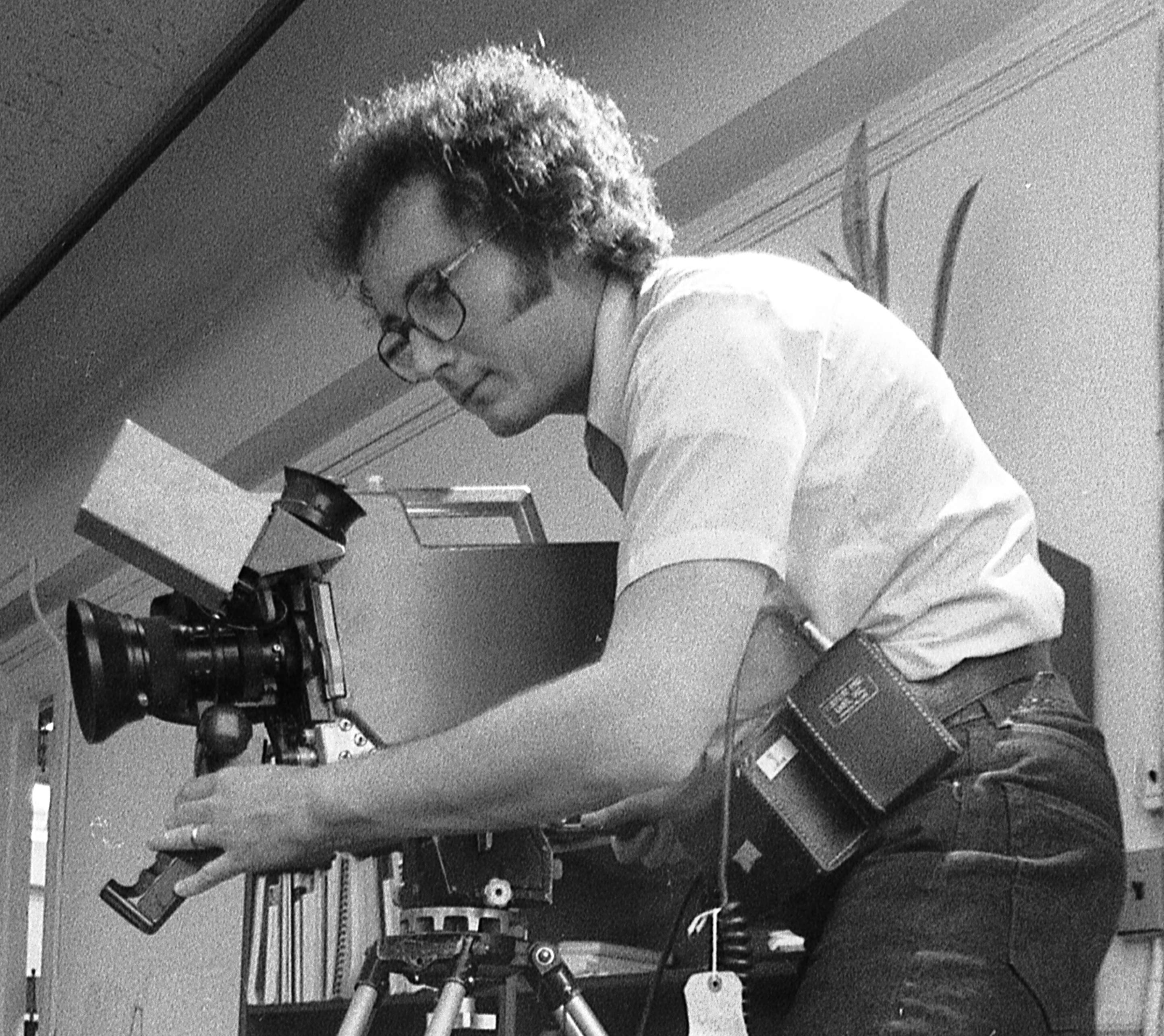"Presenteeism:" A Safety Issue
We've all heard the old expression, "The lights are on but nobody's home." You may have said it once, or heard a coworker use it to describe a colleague. It refers to a person whose level of awareness and comprehension in particular areas is less than average.
That coworker who "just doesn't get it" may be moving a bit slower because he or she is suffering from depression. When someone is not performing up to par, this rather common mental disorder may be the culprit. In fact, one quarter of the population of the United States has experienced a bout of it at one time or another. And while they wouldn't think twice about taking a sick day or two when a physical illness, such as the flu or a cold, slows them down, they would hesitate to do the same when feeling "mentally" ill. They may feel that taking a mental health day-or longer-may be viewed as a negative aspect of their job performance.
Thus, the concept of "presenteeism."
Presenteeism is often the result of depression. It's when a person is physically present, but due to emotional issues, not mentally "all there." This can lead to safety issues in the workplace. If there are family issues, tensions, or loss in one's personal life, a certain kind of stimulus may trigger that person to "space out" when they need to be concentrating on something. They may not react properly under all circumstances, perhaps failing to avoid typical hazards of the job, working with less efficiency, or maybe not practicing common courtesies. The TV business has been subject to a lot of fiscal and emotional instability. If a person is worried about that, or exposed to disturbing news day after day, they may be affected by this aspect of their work.
This brings up the memory of a conversation I had with an insurance company representative about trauma. I asked him what would happen if a colleague witnessed the tragedy of a murder, and had to interact with the shocked, traumatized relatives and friends of the victim. "He/she would probably be given the day, week, or more off, depending on his or her reaction," said the insurance representative.
I asked several people in the television industry the same question and their response was that they would give the person a break to get themselves back together, but would expect him or her to quickly recover and return to work. It's the nature of the business. For reasons which aren't clear, there's an expectation that TV people can shield themselves from the horrors they witness more easily than others. What's being discovered more and more, however, is that few can hide from such trauma.
Now we're at war. We think and feel a bit different about things in our lives. We were attacked. We have fears that we may not survive. There is nothing stronger than those fears. Will the sight of people of a certain nationality create a reaction within you or others? Will a loud "boom" create fear? Are you looking at tall buildings and planes in flight differently than before September 11, 2001?
Most likely you are, because you're human, and you're emotionally distracted. With your fears and anger you show up for work to try and get back into a routine and keep on going, just like the person next to you.
Within most of us, and looking at the next guy, all the lights may appear to be on, but this time, everybody's not home.
Presenteeism.
Be careful out there.
The professional video industry's #1 source for news, trends and product and tech information. Sign up below.
